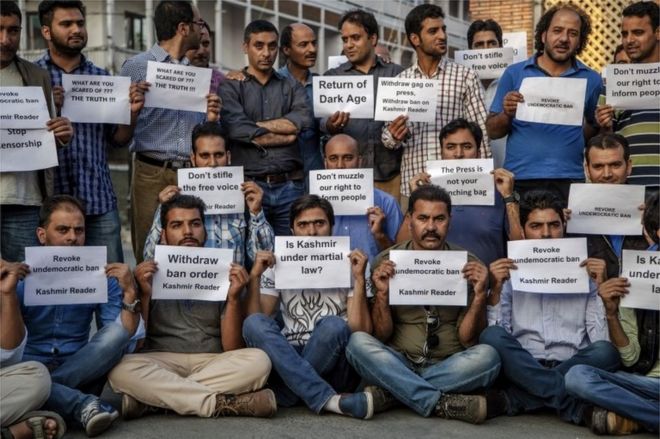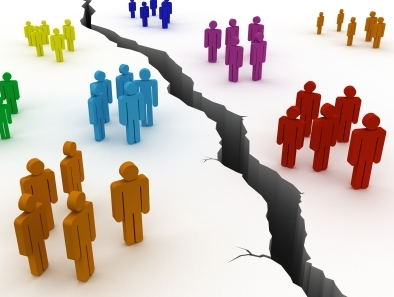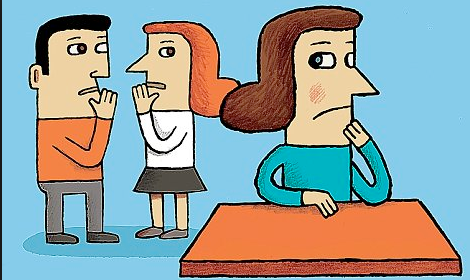The decline in newspapers: MM case studies
The New Day
'The New Day' was served as a catalyst to circulate the newspaper industry again by increasing sales as a result, having been described 'the first new standalone daily UK national newspaper for 30 years'.
The article states that '...six million people buy a newspaper in Britain everyday', however obviously as a result of the industry's evolution, there has been a decline. A decline that resulted in a literal one million people turning away from newspapers and instead turning heads to the online world in the last two years, where news is more convenient and free.
The New Day also targeted both males and females from around the age range of 35-55. Their justification for this categorization was because they wanted a more 'modern' audience to perhaps collect these kind of people that have more of an interest and understanding, rather than per say, an 80 year old person.
The New Day however, had failed to reach their target of a 200,000 sales, where they had initially scored a top of 150,000 however that then also too fell to 90,000, and even more to the point that they had to shutdown. The obvious reason for this is the fact other platforms have simply taken over and made things more convenient, cheaper and sometimes free. People would chose to consume news free rather than paying as less as 25p, but as the article states their increase to 50p was 'too much', and this resulted in people not buying their newspapers.
The Guardian
The New Day also targeted both males and females from around the age range of 35-55. Their justification for this categorization was because they wanted a more 'modern' audience to perhaps collect these kind of people that have more of an interest and understanding, rather than per say, an 80 year old person.
The New Day however, had failed to reach their target of a 200,000 sales, where they had initially scored a top of 150,000 however that then also too fell to 90,000, and even more to the point that they had to shutdown. The obvious reason for this is the fact other platforms have simply taken over and made things more convenient, cheaper and sometimes free. People would chose to consume news free rather than paying as less as 25p, but as the article states their increase to 50p was 'too much', and this resulted in people not buying their newspapers.
The Guardian
- 120 million monthly unique browsers - third most read in the world
- June 2016 daily average of almost 9 million unique browsers - only a third are from the UK - MailOnline with 14 million - Telegraph with 4 million
- Print circulation of The Guardian is only 161,000 - Daily Telegraph with 472,000 - recently closed The Independent with only 54,000
- The Guardian lost around £70 million in 2015
As a result of The Guardian's decline, they intended to combat this by introducing cutbacks up to 20% and planning community events, relying on the investments of The Scott Trust to keep it running as a result too.
The Global website strategy as a result, introducing The Guardian online, may help to some extents, however if they're looking to make revenue from ads, and ads alone, it might not suffice, acknowledging that the majority of users would have ad block enabled. Introducing paywalls on the other hand, might have a more significant impact. The fact that The Guardian have already gathered a loyal user base, means that to an extent they might be willing to subscribe, given that they know getting news from an established institution is much more definitive, reliable, and professional as opposed to any random news page in the Internet.








